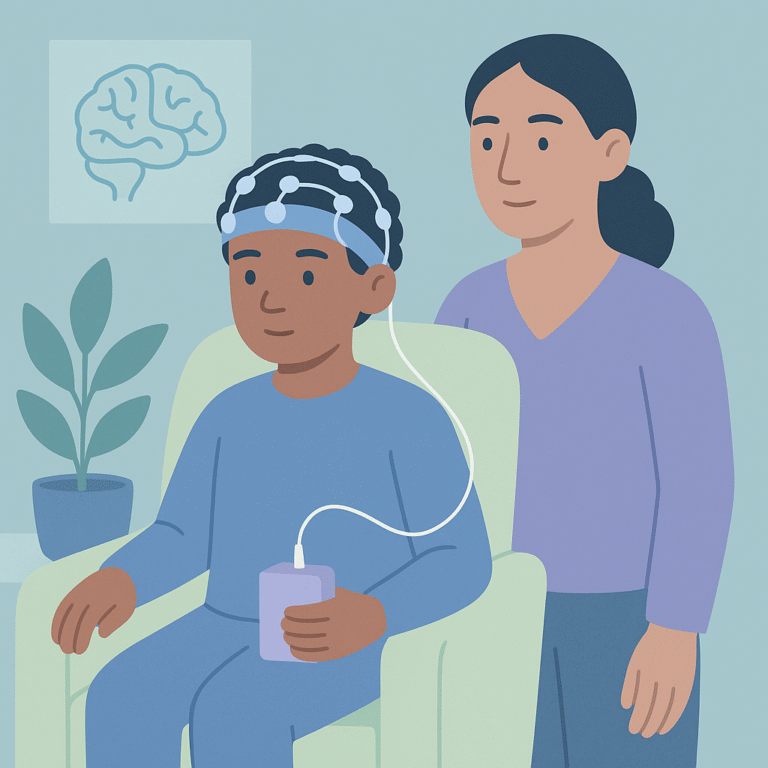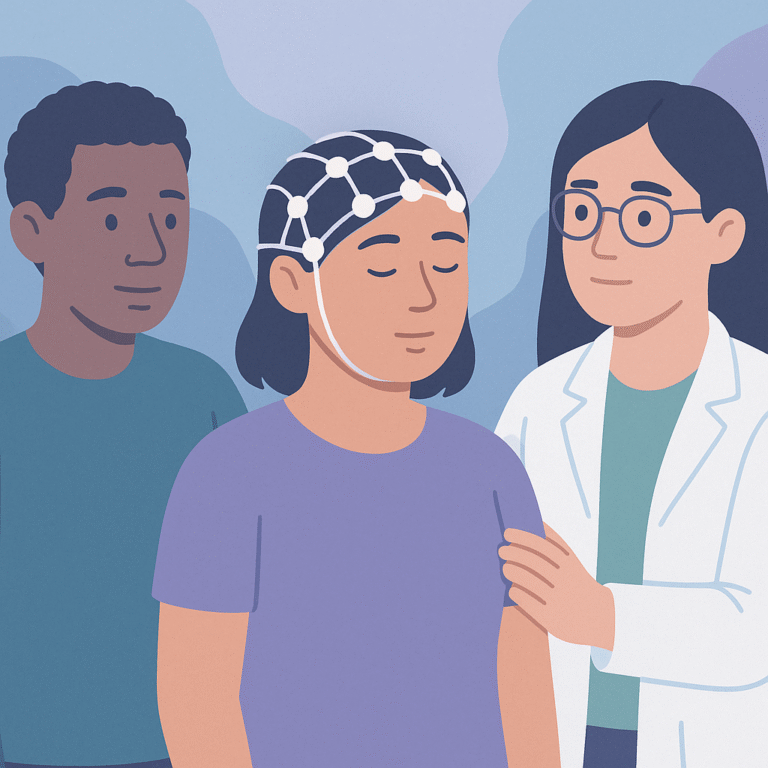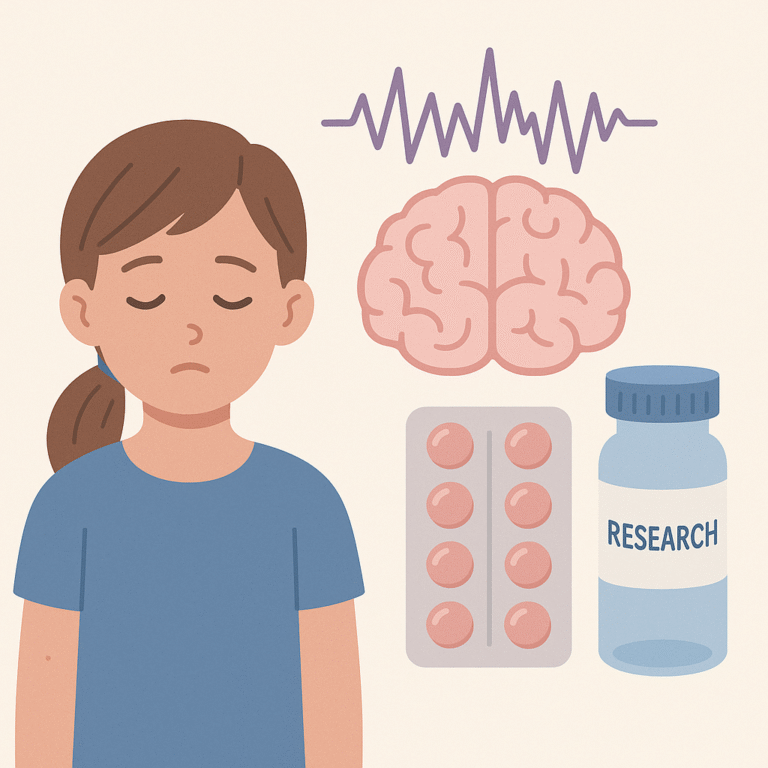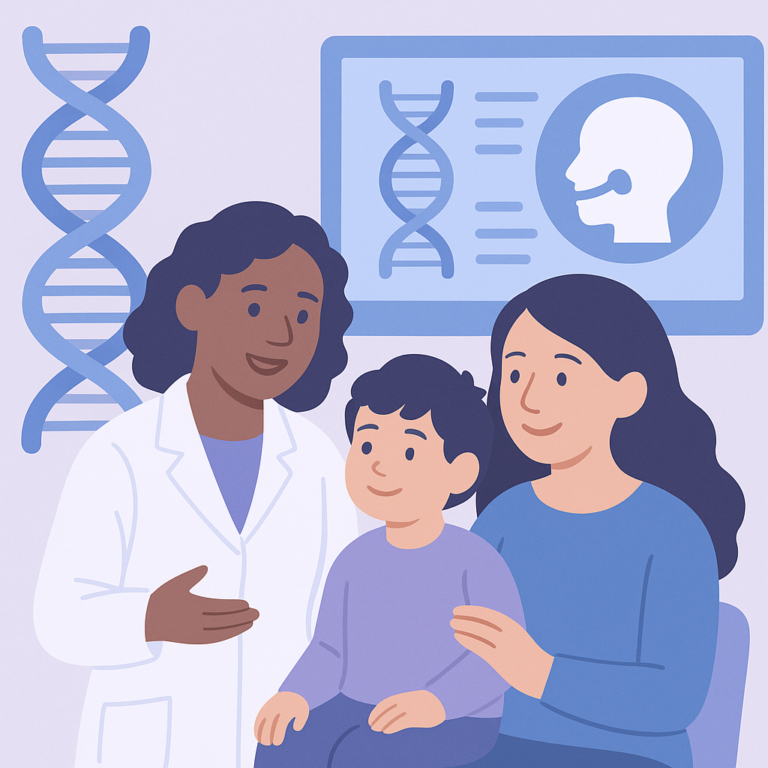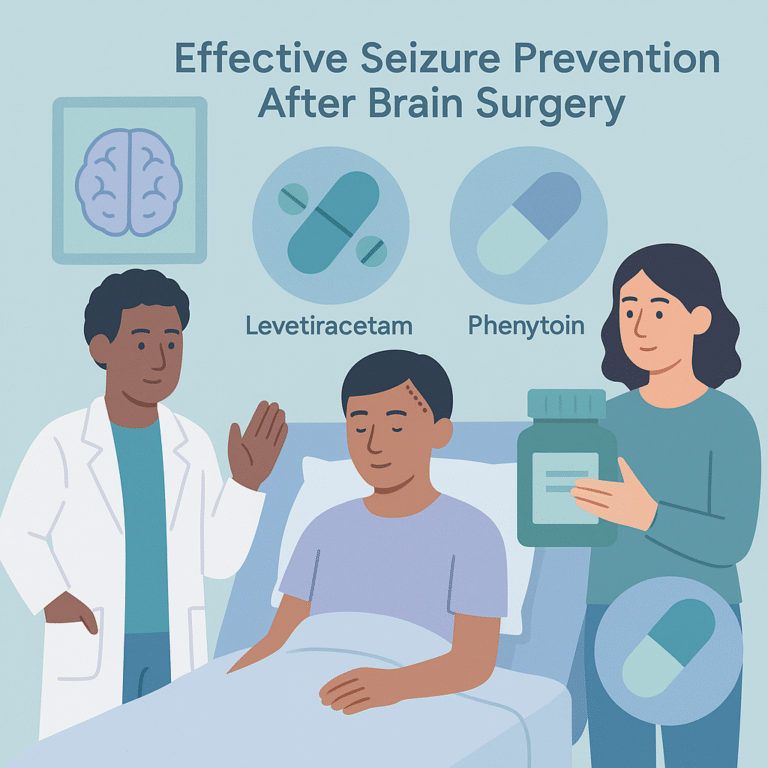Vigabatrin Shows No Clear Benefit for TSC Developmental Outcomes
⚠️ Infant dosing/safety: medication and diet decisions for infants require individualized medical guidance.
Source: Pediatric neurology
Summary
The PREVeNT trial studied the effects of a medication called vigabatrin on infants with Tuberous Sclerosis Complex (TSC), a condition that often leads to epilepsy and developmental challenges. The trial involved 84 infants from 13 clinics across the United States. Researchers assessed the children's development and potential diagnosis of autism spectrum disorder (ASD) from 6 months to 36 months of age to see if vigabatrin could help prevent intellectual and developmental disabilities.
The key findings showed that cognitive scores for all groups were in the low average range, and these scores slightly declined over time. Interestingly, infants in the group that did not receive treatment (the watchful waiting group) had higher scores compared to those who received vigabatrin. By 36 months, about 31% of the children were diagnosed with ASD, but there were no significant differences in developmental outcomes between those who received the medication and those who did not.
These results are important because they suggest that vigabatrin may not significantly improve developmental outcomes for infants with TSC. However, the study had some limitations, such as a small number of participants and potential impacts from the COVID-19 pandemic on participation. Understanding these outcomes can help guide future research and care for children with TSC and epilepsy.
Free: Seizure First Aid Quick Guide (PDF)
Plus one plain-language weekly digest of new epilepsy research.
Unsubscribe anytime. No medical advice.
